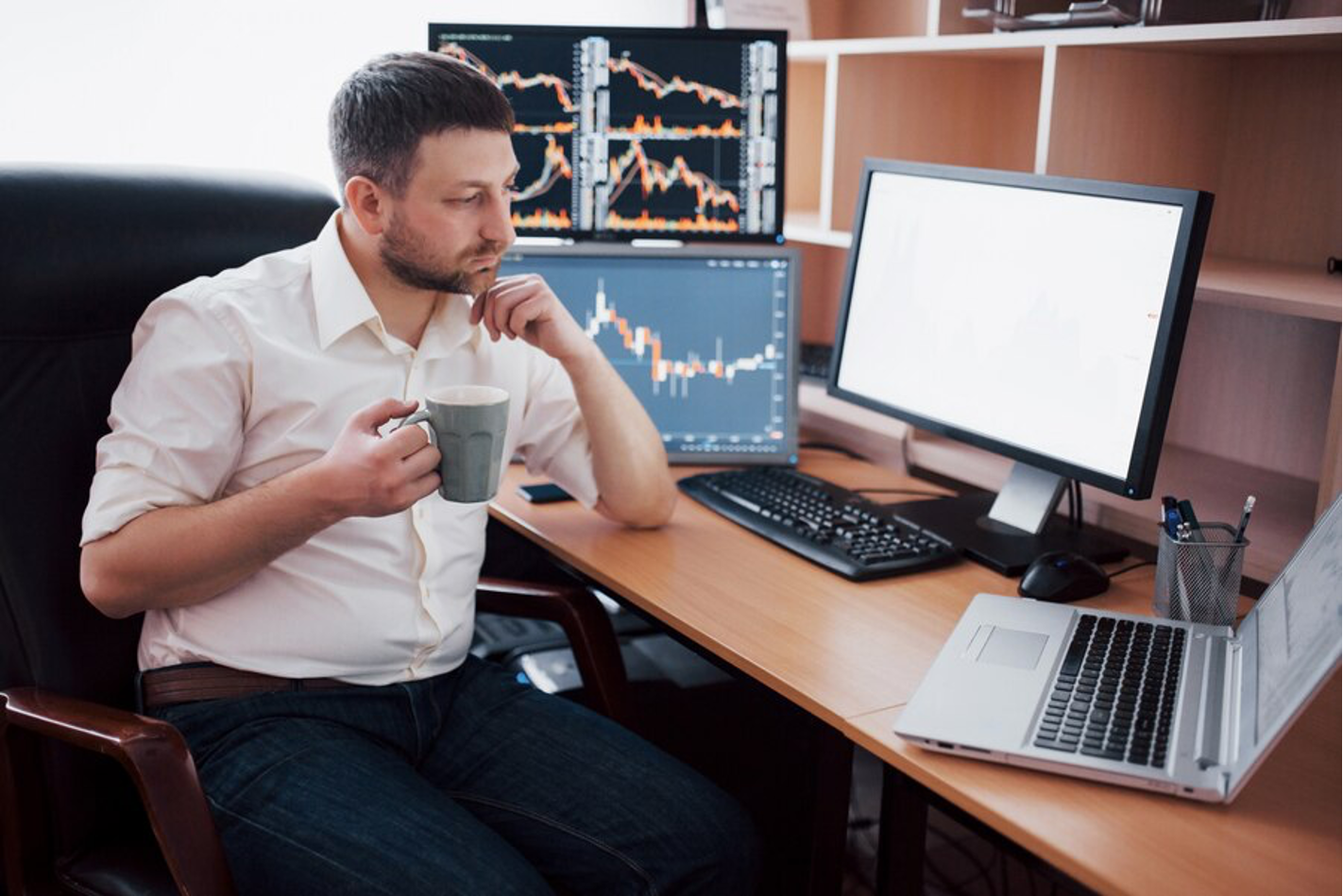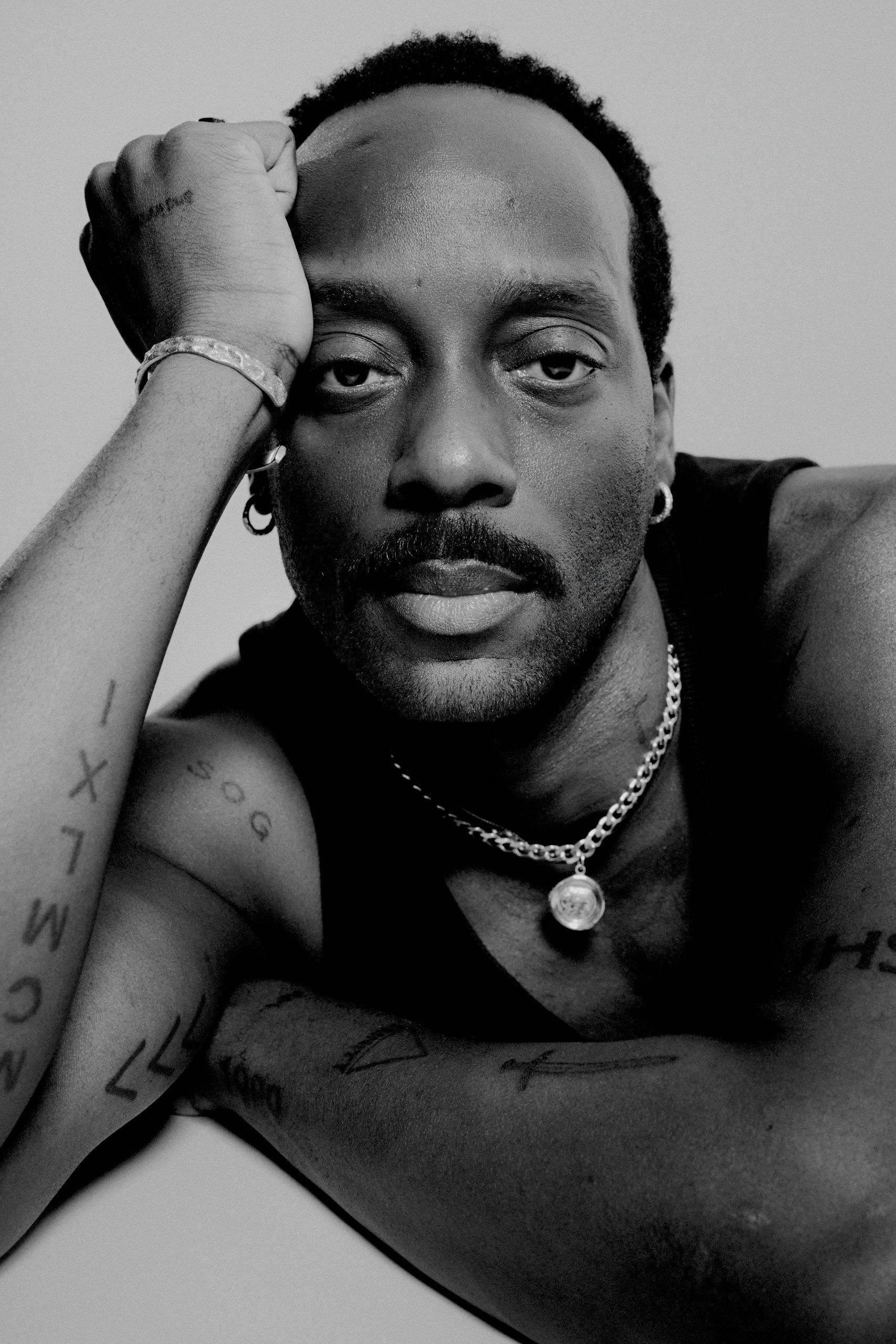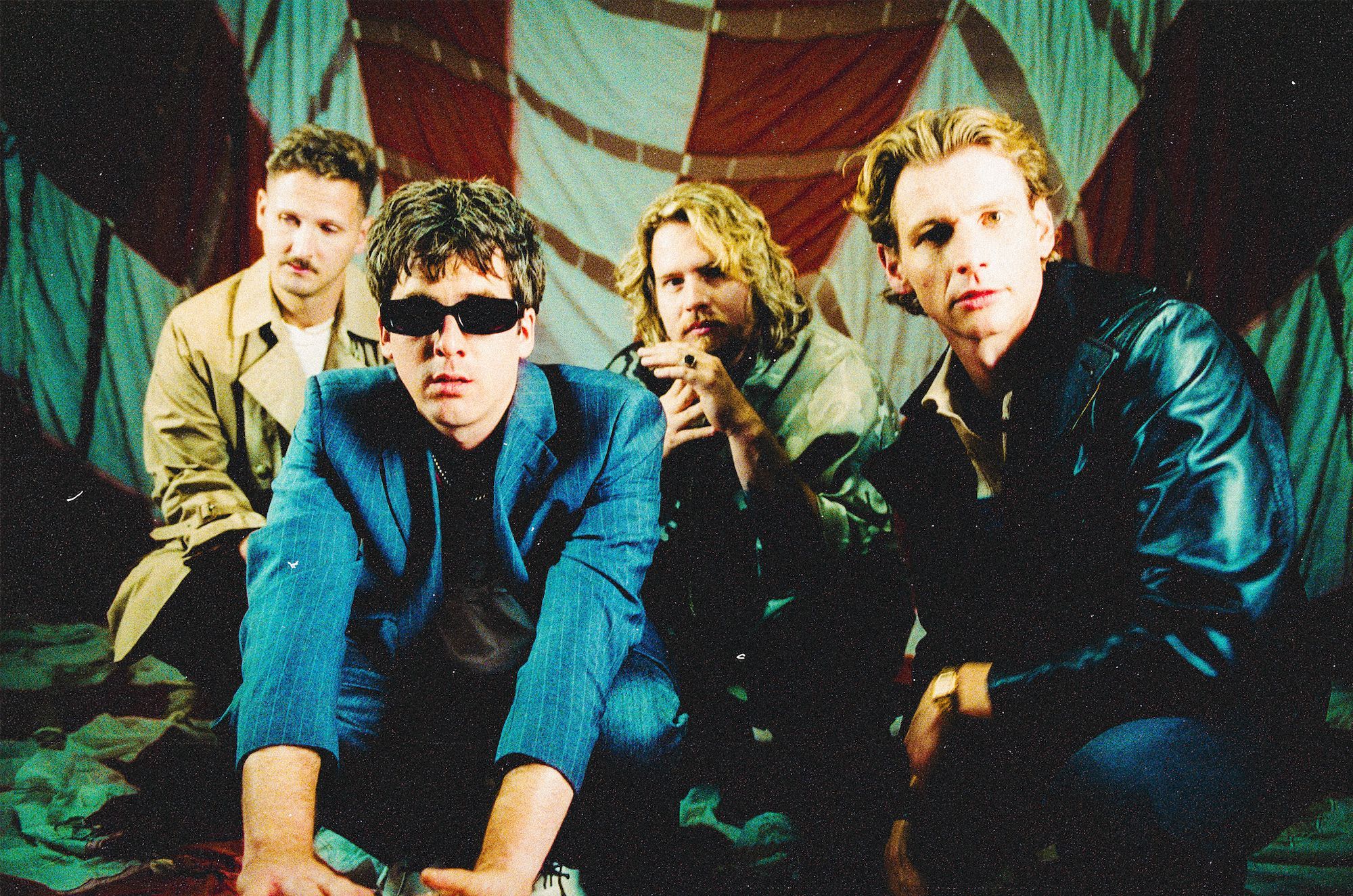
Dubai has become a global powerhouse for trade, finance, and investments, and one sector that stands out prominently is Commodity trading In Dubai. Known for its strategic location, strong regulatory environment, and world-class infrastructure, Dubai offers an ideal ecosystem for investors looking to engage in commodities such as gold, oil, natural gas, and agricultural products. Whether you’re a seasoned trader or a beginner stepping into the market, understanding the dynamics of commodity trading in Dubai is essential to making informed decisions.
Why Dubai is a Global Hub for Commodity Trading
Dubai has established itself as a bridge between East and West, making it one of the busiest trading centers in the world. There are several factors that make Commodity trading In Dubai attractive to global investors:
- Strategic Location: Dubai connects major markets across Asia, Africa, and Europe.
- Stable Regulatory Framework: With organizations like the Dubai Multi Commodities Centre (DMCC), investors have a secure trading platform.
- Tax Benefits: The UAE offers a tax-free environment, allowing traders to maximize their profits.
- Robust Infrastructure: State-of-the-art logistics, ports, and trading platforms enable smooth global transactions.
Types of Commodities Traded in Dubai
When it comes to Commodity trading In Dubai, investors have a wide array of options:
- Gold and Precious Metals
Dubai is often referred to as the “City of Gold.” The emirate is home to the world-famous Gold Souk and modern exchanges where investors trade bullion, jewelry, and precious metals. - Energy Commodities
Oil and natural gas trading remains one of the biggest sectors. Dubai plays a pivotal role in energy distribution across international markets. - Agricultural Commodities
Coffee, sugar, cotton, and grains are also actively traded, making Dubai an important hub for agricultural commodities. - Base Metals
Commodities like aluminum, copper, and steel are traded widely, given Dubai’s strong industrial network.
Key Platforms for Commodity Trading
Several platforms support Commodity trading In Dubai, each designed to provide transparency and security:
- Dubai Multi Commodities Centre (DMCC): The largest and most reputable free zone for trading.
- Dubai Gold and Commodities Exchange (DGCX): Offers futures and derivatives for gold, oil, currencies, and more.
- Local Brokers and Financial Institutions: Provide access to commodity contracts and investment opportunities.
- Regulatory Framework
- One of the main reasons investors feel confident in Commodity trading In Dubai is the solid legal and regulatory structure. The Securities and Commodities Authority (SCA) and DMCC ensure that all trading activities follow international standards. Licensing requirements and compliance measures protect investors from fraud and market manipulation.
Benefits of Commodity Trading in Dubai
- Tax-Free Profits – No personal income tax or capital gains tax.
- Global Reach – Direct access to international buyers and sellers.
- Advanced Technology – Cutting-edge platforms for efficient trading.
- Investor Protection – Strong legal frameworks safeguard investments.
- Diverse Opportunities – From gold to agriculture, investors can diversify portfolios.
Challenges to Consider
While Commodity trading In Dubai has numerous advantages, investors must also be mindful of challenges:
- Market Volatility: Prices of commodities like oil and gold can fluctuate rapidly.
- Regulatory Compliance: Traders must ensure they understand licensing requirements.
- Global Economic Trends: Commodity markets are influenced by international demand and supply.
Tips for New Investors in 2025
If you are planning to start Commodity trading In Dubai, here are some practical tips:
- Do Market Research: Understand trends in global commodities before investing.
- Work with Licensed Brokers: Always trade through regulated and certified platforms.
- Diversify Your Portfolio: Don’t rely on one commodity; spread your investments.
- Stay Updated: Keep track of geopolitical events and economic reports that affect commodity prices.
- Start Small: New traders should begin with limited investments to gain market experience.
The Future of Commodity Trading in Dubai
With Expo 2020 legacy developments, increasing foreign investments, and the UAE’s vision for economic diversification, the future of Commodity trading In Dubai looks highly promising. Technological innovations like blockchain and AI are expected to make trading even more secure and efficient.
Conclusion
Dubai’s reputation as a global trading hub continues to grow, and commodities remain at the heart of its success. For investors, Commodity trading In Dubai presents lucrative opportunities with minimal taxation, strong infrastructure, and international connectivity. By choosing the right brokers, staying informed, and leveraging Dubai’s robust financial ecosystem, traders can position themselves for long-term success in 2025 and beyond.



